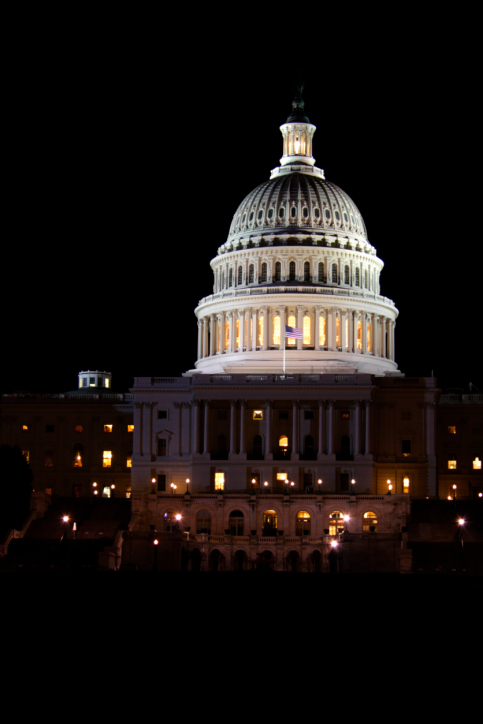 Was Brian Williams’ demotion the death knell for anchorpeople?
Was Brian Williams’ demotion the death knell for anchorpeople?
Or does it symbolize (as we believe) how thin the claims of credibility and authenticity can be?
Think with us here. Ever since Walter Cronkite earned the CBS anchorman sobriquet in the early 1950s, we used to regard our news readers as serious professionals, men (for the most part) who earned their authenticity in the trenches, reporting first-hand on serious and important stories. That opinion continued to be fostered by the late Peter Jennings and the Huntley-Brinkley duet. Fairly recently, though, the perception of anchor-folks waffled between entertainment and news; the buzz, in short, became more critical than the news. And credibility zeroed out.
In a sense, that TV contract of confidence between viewers and news readers is somewhat akin to the unspoken bond between employees and their corporate leaders. Parallels abound: Breaking news is a hard-won prize by skilled reporters. Delivering information about workplace and corporate changes must also be a task assumed by the C-suite, provided straightforwardly yet with a sense of humane-ness. Another: We highly respect sector expertise, say, the political know-how of a David Todd or the late Tim Russert. The same holds true for business chieftains who are not afraid to tell us the truth accurately, seriously, and relay what it means to us.
We could go on (and just might, later). In your opinion, dear reader, which CEOs are today’s ‘most trusted (wo)men in America” – and why?


